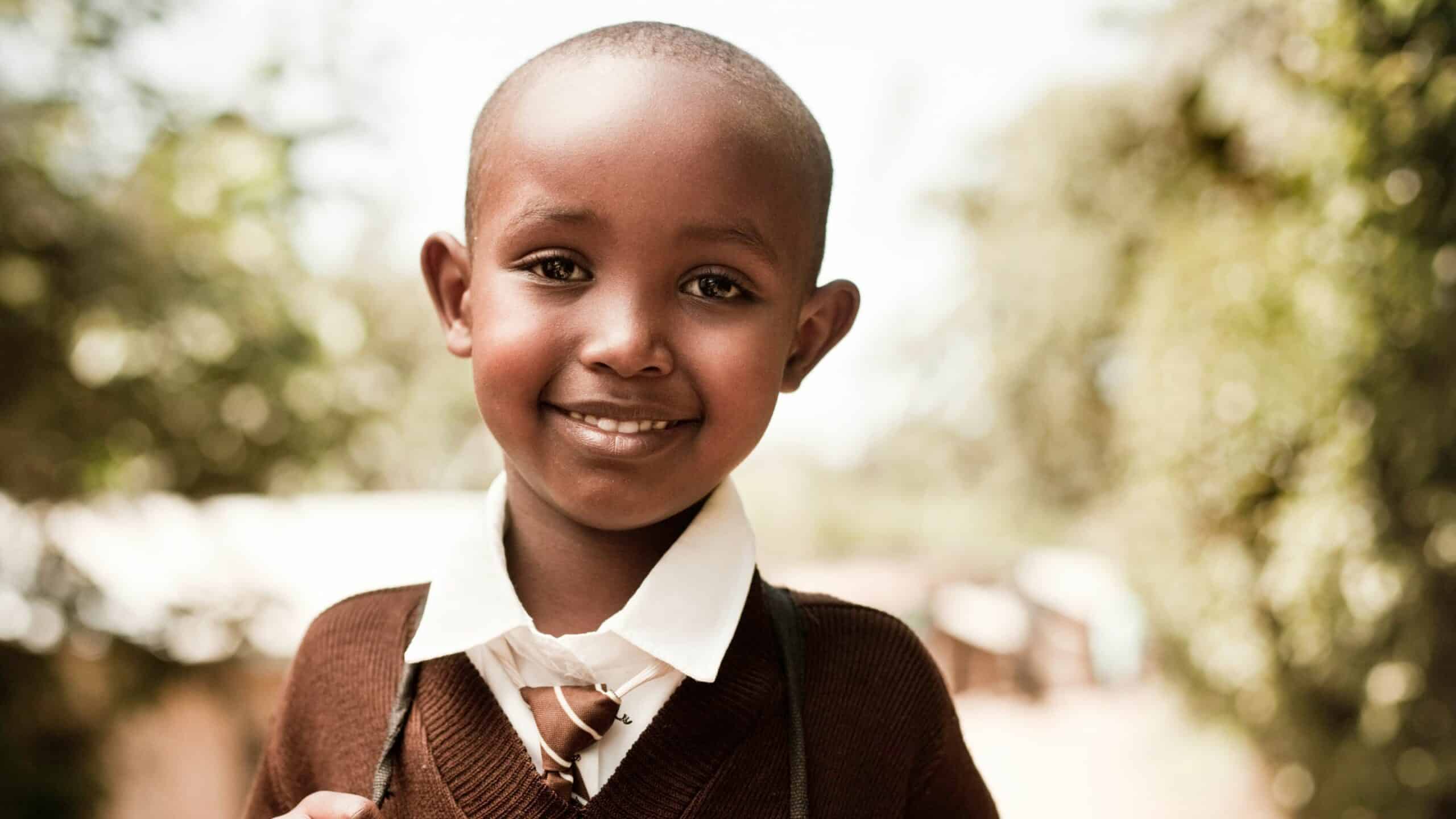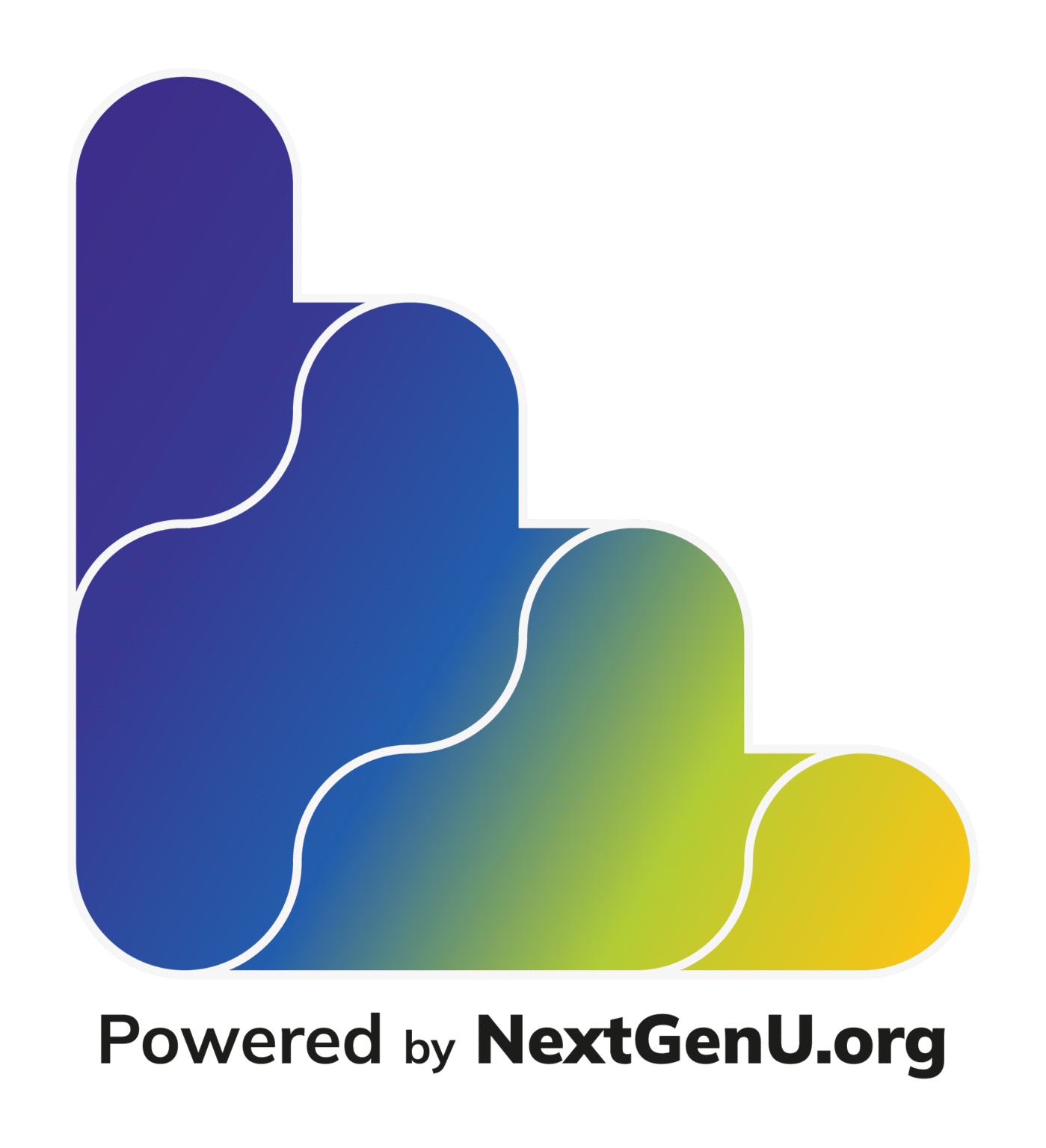With a vision of removing the barriers to quality primary school education for those marginalized by poverty, geography, language, and gender around the world, the STEPS program is designed to provide age-sensitive and technology-appropriate primary school STEM education for grades 1 to 5. This project will target Benin, Cameroon, and the Democratic Republic of the Congo (DRC). STEM resources will be curated to promote more equitable and quality learning environments. A key area of focus is on the delivery of STEM by deciding on relevant pedagogy and developing teacher guides, curriculum, digital and printable teaching materials as well as offering continuous teacher training.
The STEPS program will be refined and scaled to suit the education systems of the three target countries. STEM teaching and learning materials will be developed in both English and French and will be introduced into primary schools: 5 schools in Benin, 9 schools in Cameroon, and 5 schools in the DRC. This project will be led by NextGenU.org and the Cameroon Baptist Convention Education Department (Cameroon) and other key global partners include: The Emmanuel Community, and HEAR Congo (DRC), Trois Soeurs Education Fund (Benin), Scientific Animations Without Borders (USA), and the Edge of Education (Japan).

The STEPS program aims to significantly improve digital literacy for primary school teachers, students, their families, and communities, especially within the context of a global pandemic that shifted learning to virtual classrooms. The goal is to dramatically improve digital literacy at the primary school level by making STEM learning materials freely available, device-independent, and accessible both online and offline. Through the development of customizable, interactive, and integrative math and science curricula supported by cutting-edge animation, STEPS will help to bridge the gaps in education to achieve overall student development and address the need for STEM-related knowledge and skills in developing countries.
STEPS is made possible by funding from Canada’s International Development Research Centre (IDRC) in collaboration with the Knowledge & Innovation Exchange (KIX) and the Global Partnership for Education (GPE).
